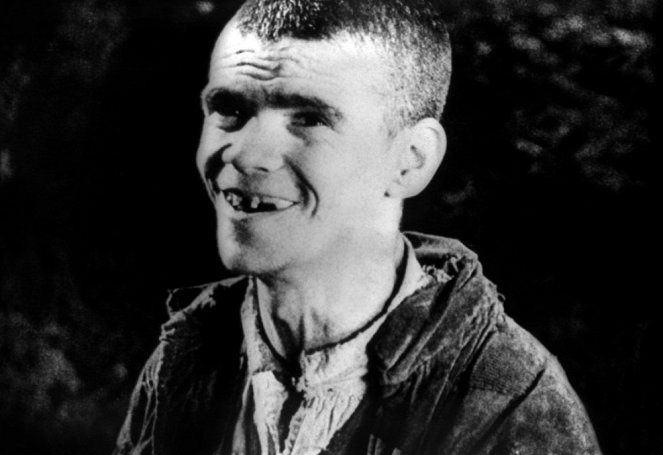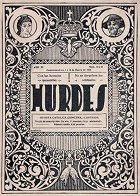Inhalte(1)
A film about Las Hurdes, an area in western Spain about which Luis Bunuel in 1932 made the feature Las Hurdes, tierra sin pan (Land without Bread). In this film Bunuel portrayed the area as a black hell on earth: a land of starvation, disease, dwarves, insane and prematurely-aged women. A land forsaken by God. More than sixty years later, a curse still rests on the film by Bunuel: the local inhabitants still combat the black legend that circulates about their area. A small film crew returns to Las Hurdes in 1999 with a screen and a copy of Bunuel's film. In the local square, the film is shown. We hear wonderful stories of the villagers and see their occasionally fierce reactions to the film. (Verleiher-Text)
(mehr)Kritiken (2)
Luis Buñuel is not cruel, but he is objective. With a dry and documentary tone, the film informs us about the poverty in the region, what is happening there, and how it ends up. Death is a daily occurrence here, and the narrator presents these facts almost coldly. But it sounds even better because it is clear that the government behaves in the same cold manner towards the region, ignoring the poverty and dying. Timeless, because poverty still exists, as does the apathy of those in power.
()
The early part of Buñuel’s career as a director culminated with a documentary that isn’t a surrealist amalgamation of dreamlike images or the thematising of sexual fantasies, but an attempt to change the established order with its political subtext (which he did not even come close to achieving due to the fact that the film was banned in Spain). The impoverished Las Hurdes region serves here as a symbol of the backwardness and class conflicts of Spain as a whole, where many people still subsisted in very primitive conditions at that time. Due to a certain respect toward the local people, Buñuel doesn’t assault viewers (and preferentially the “responsible” representatives of the Spanish bourgeoisie and the Church) with the aggressiveness of his two previous films. A feeling of unease is evoked more slowly by fostering certain expectations and then demolishing them. Buñuel capitalised on the conventions of travel documentaries, ridiculing their inauthenticity and superficiality (like Flaherty, for example, he did stage some situations for the camera). The film reveals the director’s interest in people who have been overlooked and ignored, a theme to which he returned in The Young and the Damned. As in that film, in Land Without Bread he sympathises with them, but he captures their lives without any sentimentality. Brazen in its time, still raw and bold today. 75%
()
Galerie (3)
Photo © Panthéon Distribution


Werbung